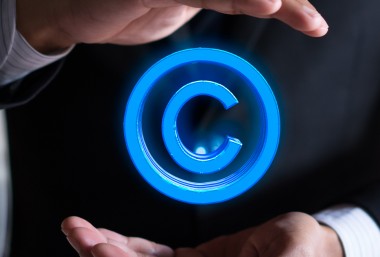The last major changes to New Zealand’s copyright laws were in 2008. A decade on, the Ministry of Business, Innovation and Employment (MBIE) is now tasked with a review of the law. MBIE’s review will get underway in earnest when their issues paper is released soon. However, a number of parties representing the information technology sector have already released their position papers. During the review period, we will be publishing short commentaries on the positions of users and creators regarding change, along with MBIE’s selection of issues and its proposals.
It is unquestionable that copyright law needs to be revised periodically to keep up with technology developments. That has always been the case. Just consider the advent of cameras and photographs in the 19th century and the emergence of recorded music and gramophones in the early 20th century. Law change is required for both creators and users. What has perhaps changed is the pace of technology development.
Reform of copyright for the digital age started with two international copyright treaties—the WTO Agreement on Trade-Related Aspects of Intellectual Property Rights 1994 (TRIPS) and the World Intellectual Property Organisation Copyright Treaty 1996 (WCT). New Zealand’s Copyright Act 1994 implemented TRIPS and the 2008 Amendments partially implemented the WCT.
With no new international treaty on the horizon, it seems countries must take unilateral action for further updating. While internet developments and usages are not the only drivers for change, they are significant and are certainly attracting most attention in the early phases of the review. This, our first commentary, will focus on an internet-related issue which has already arisen.
InternetNZ’s position paper and Deloitte’s report for Google have already been published and refer to the need to promote technology innovation as a justification for a number of the amendments they advocate. But any assertions that existing copyright law stifles innovation need to be made with care and precision.
Innovation is defined by economists to mean ‘the application of new ideas’ to products and processes ‘that lead to increased value.’ But copyright does not protect ideas! It leaves ideas free for use by other parties. The copyright system is a different beast to the patent system.
Copyright protects only particular expressions of an idea and not the idea itself. This is an international copyright concept. For example, Article 9(2) of TRIPS states ‘Copyright protection shall extend to expressions and not to ideas …’. This concept has been adopted and applied by New Zealand courts. For example, in the Karum v Fisher & Paykel Finance case, the Court of Appeal said ‘It is the expression of an idea, rather than the idea itself, that copyright protects’. And that case was about technology (software) not works of literature or art.
Thus, using an idea conceived by somebody else, either as an inspiration or even as an important component in a new combination of ideas, is not an infringement of copyright under the 1994 Act.
The Ministry’s statement in its ‘terms of reference’ that copyright might inhibit what it chooses to call ‘follow-on creation’ making use of existing works may be true, but to also suggest that copyright can inhibit the use of ‘the ideas underpinning’ creative works does not reflect current law, even if it is as dated as some claim.





